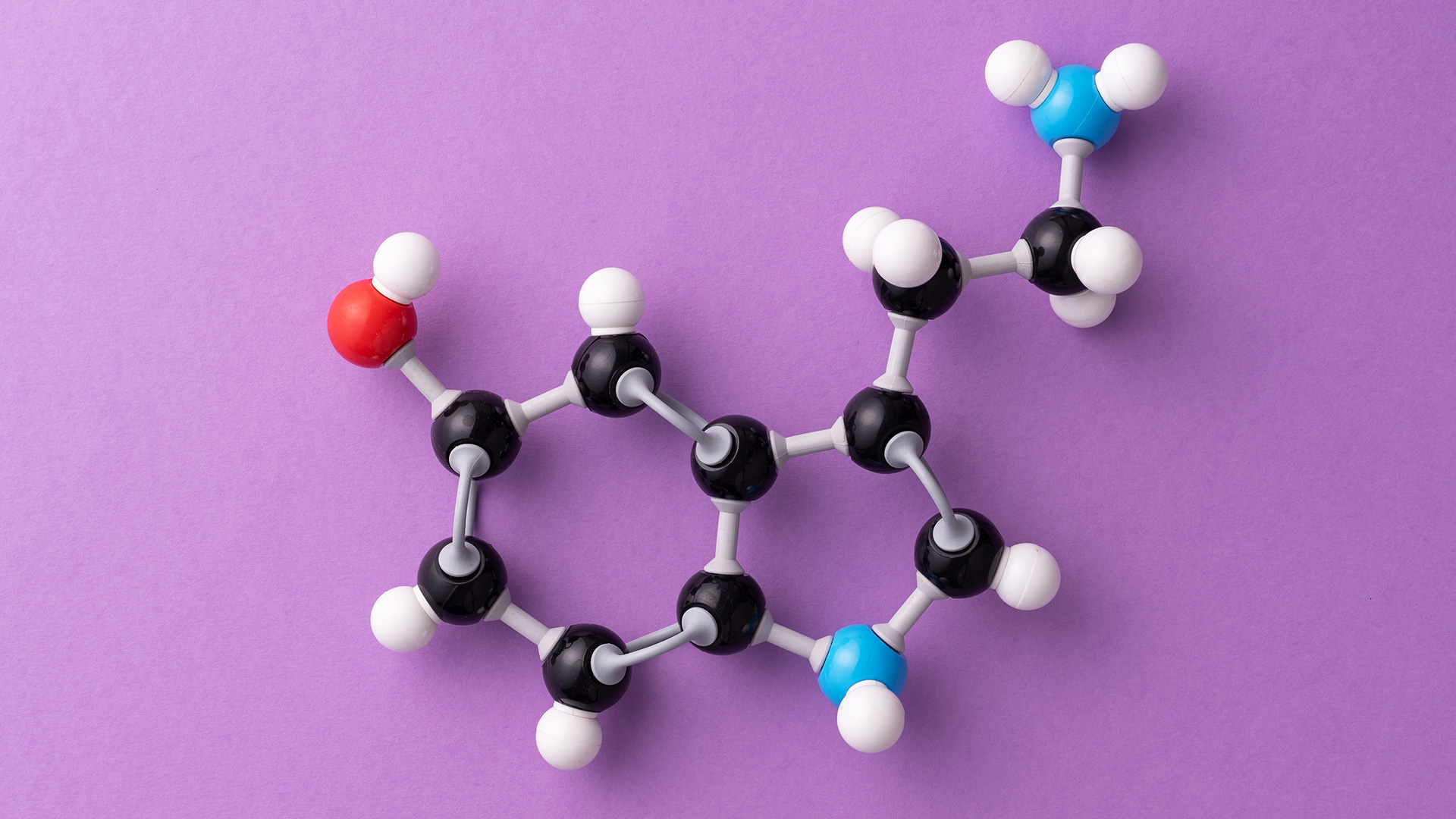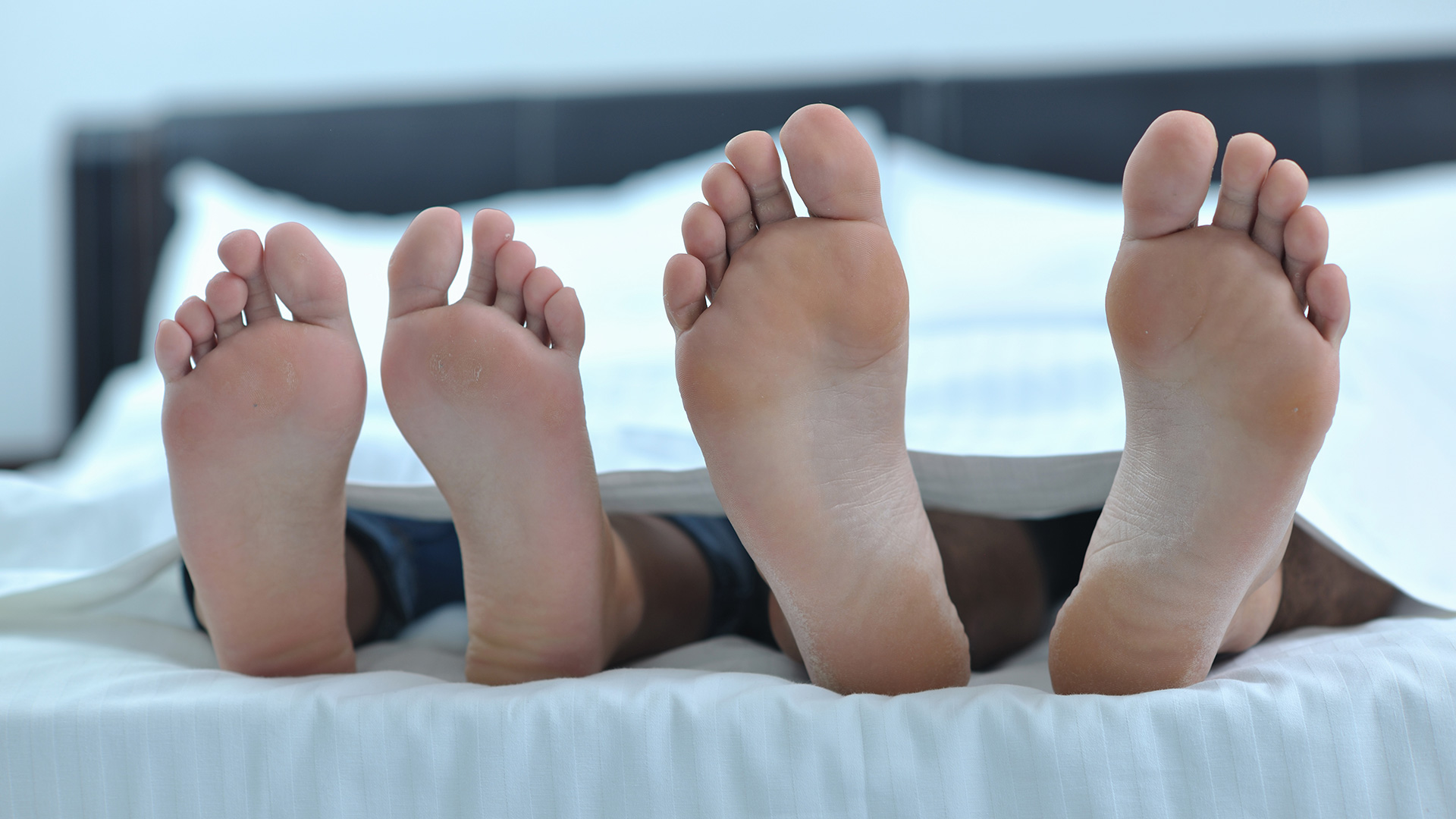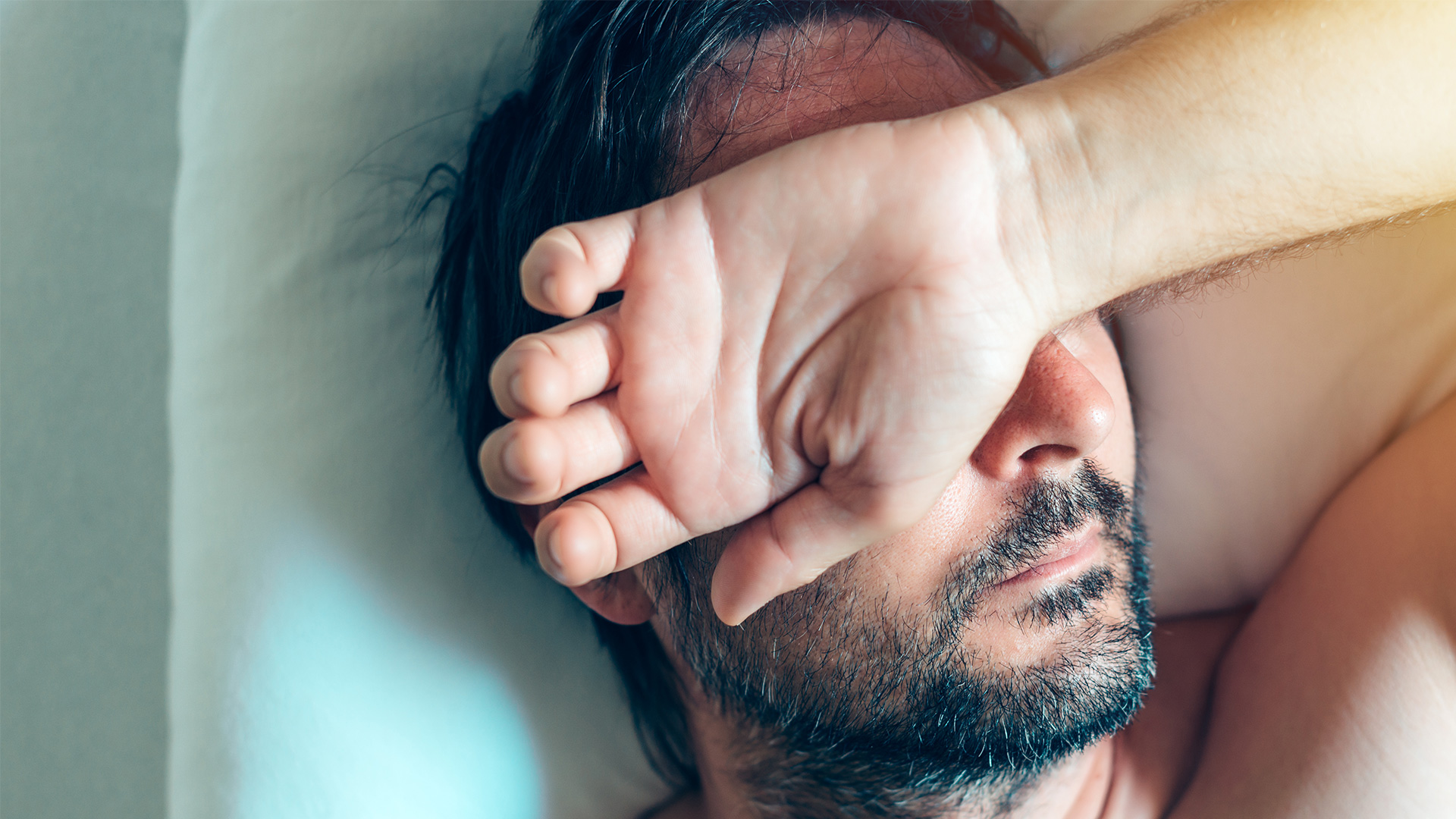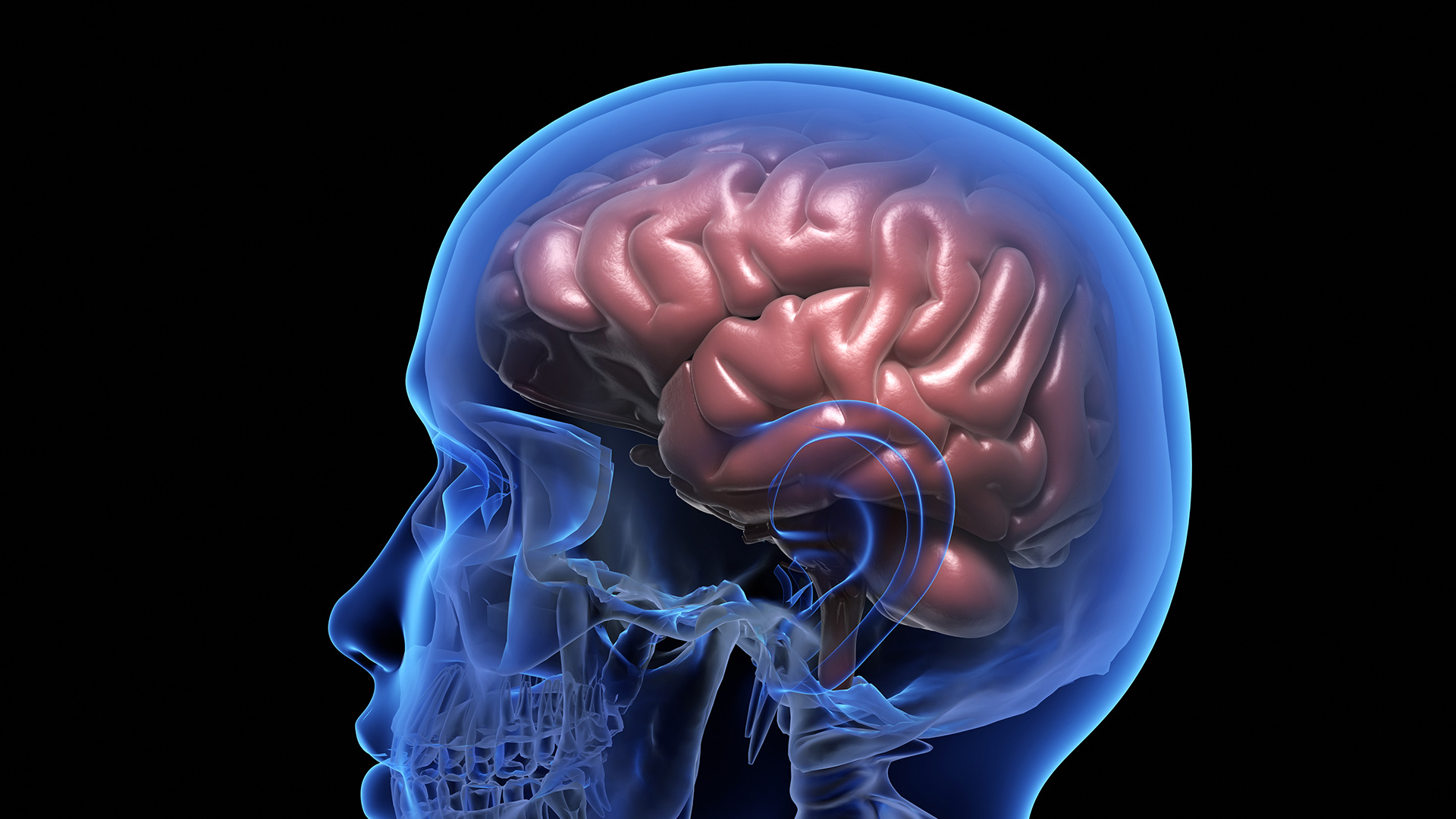In recent times the progressive deterioration in physiologic and psychosexual functions of the aging male has become a great concern. Aging is a collective syndrome of symptoms, which are deleterious, progressive, universal and more importantly irreversible.
The cause of aging being multi-faceted and often unclear has led to a long debate including physiological mechanisms such as cellular, hormonal, psychological and so on. In men, the issue relating to the falling level and regulation of the male sex hormone (andropause) in mid-life adversely affects the quality of life of men.

Male menopause(viropause or andropause), is a distinct phenomenon resulting from a decrease in the male sex hormone, testosterone which is needed by every major organ system to maintain an optimal performance in our bodies; it influences the arteries, penis, bones, collagen, joints, muscles, skin, veins & the brain.. Besides this, the most important muscle of all – the heart and its associated coronary arteries and the functional properties of the myocardium – are also linked to this hormone.

Generally, male menopause occurs between 40 to 45, when career, marital life and parenting are critical. However, it can occur as early as 35 years and as late as 65 years also. In addition to an overall decrease in testosterone, other hormones such as DHEA, IGF-1, thyroid, melatonin and somatotropin are also known to be reduced. Thus it can be considered as a physical condition embedded with psychological, interpersonal, social and spiritual dimensions that gives an indication of the beginning of an end, which is the starting of a second adulthood after the first adulthood.

Common symptoms of male menopause are: Sore body syndrome, Stiffness, No interest in life, mood disorders and sleep disturbances, Fatigue, Obesity and increase in body weight, Changes in libido and sexual function such as impotency and fertility, and Susceptibility to diseases associated with aging.
Biochemical changes during male menopause
Male menopause represents a multi-hormonal change in our body systems. In general, testosterone, especially free testosterone and bioavailable testosterone are known to decline with age. On average, 100ng/dL of testosterone is reduced every 10 years. Decline of testosterone is also linked with an increase in sex-hormone binding globulin (SHBG). There is also evidence to show that testosterone may potently inhibit LH release from the pituitary in older males compared to men of younger age.

The decline in pituitary responses to gonadotropin-releasing hormone (GnRH) is of a similar order of e to the decline in testicular testosterone production with regard to human gonadotropin. These reports suggest that pituitary failure is not the cause of male menopause. In normal and healthy men, LH secretion peaks in the morning and declines in the afternoon. This rhythm is hampered in the aging male. Studies have shown that the decline in LH and subsequently testosterone with aging is primarily ascribed to a change in GnRH secretion mechanisms. Added to this there is also a decline in quantity and quality of sperm with age, measurable by a higher concentration of follicle-stimulating hormone (FSH).

Remedial measures for male menopause
Recently sufficient evidence has been accumulated to prove to the medical community that testosterone levels decline with age and that testosterone replacement therapy could play a role in enhancing functional capacity as well as increasing libido. Also when Viagra & its sister drugs don’t work properly, the judicious addition of the male hormone can make the drug work when it does not do so otherwise. However there are advantages and disadvantages of replacement therapy hence the indications must be viewed with greater attention.

Testosterone replacement therapy increases cognitive function, visio-spatial memory, hematocrit, muscle mass, muscle strength and bone gain in older men. Protection from atherosclerotic events are conferred with testosterone replacement therapy.
Will Testosterone Reverse the Clock for Aging Men? Does it spice up men’s sex lives in their twilight years? Does it make Men younger, leaner & better looking?………in addition to better sex life!

Overall, men receiving treatment have improved mood and energy; however, despite these beneficial effects, there are still concerns in the medical community as it is known that the treatments may have unwanted effects on the prostate. Hence, we should remember that men with prostate cancer have extremely low levels of testosterone. Yet, there is not much convincing evidence to prove that testosterone replacement therapy would increase benign prostatic hypertrophy or prostate cancer in aging men and men treated with testosterone.
Testosterone replacement therapy would yield better results in older symptomatic men with low free or bioavailable testosterone. This category of men will therefore have greater hope of gaining a better quality of life in the years to come. The same is reflected in a recent study done on male menopause in Singapore.

In the survey, it was noted that in contrast to our European counterparts, Singaporean males felt it was necessary to seek medical advice on the symptoms of male menopause. Although male menopause often heralds in ED in the aging male, there is hope for restoration of intimacy, joy and passion with our partners if testosterone replacement therapy is started judiciously when the male starts demonstrating a deficiency.
As we venture into the new era of life sciences, new doors are being opened for men to continue living with sustained passion, greater productivity and meaning in their twilight years – Sex is but one component of the whole picture!.
